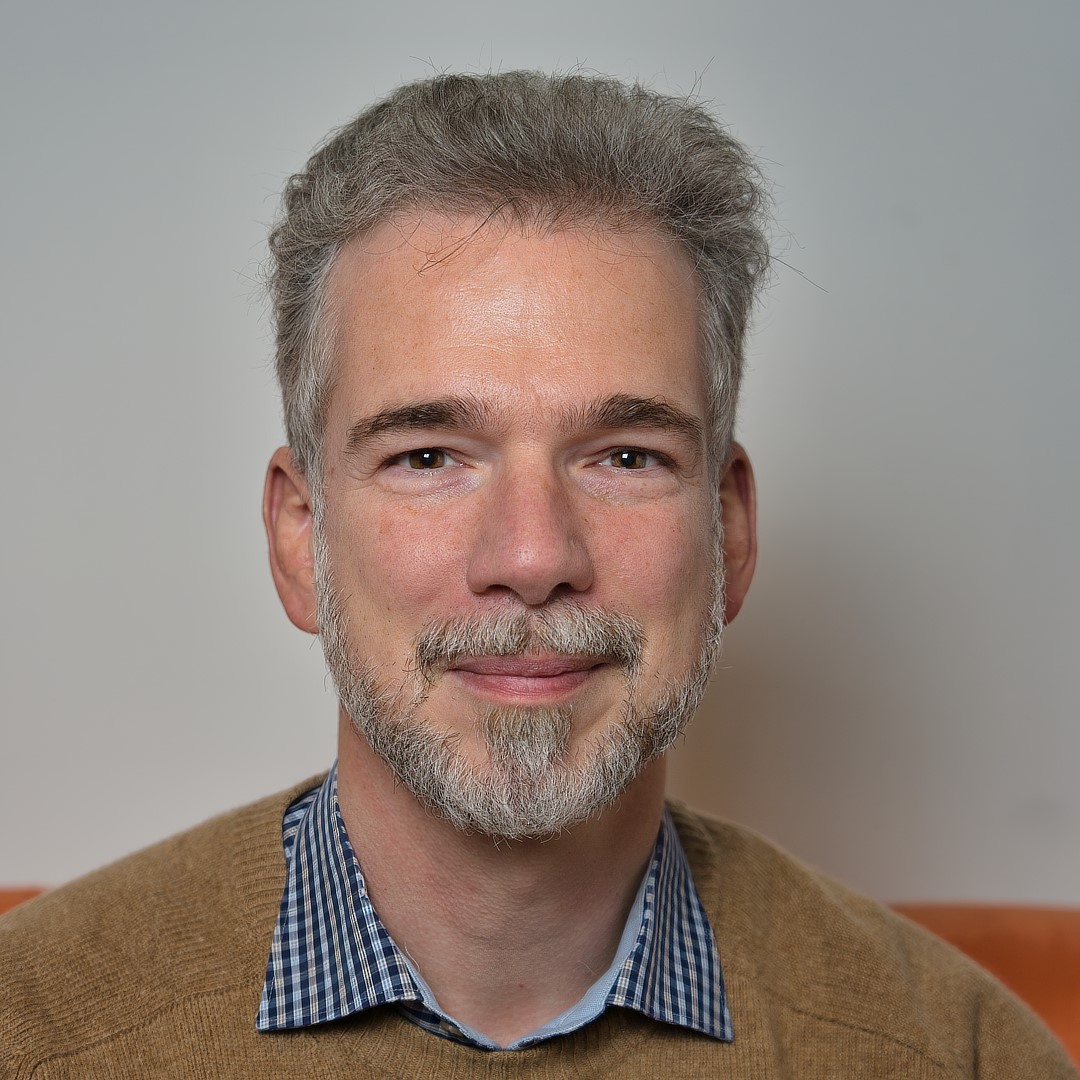Passionate about research—Computer science talents wanted Professor Marcus Magnor is the Alexander von Humboldt Foundation's Henriette Herz Scout
Outstanding computer science talents who are passionate about research—that is what Professor Marcus Magnor is looking for. Recently, the head of the Institute for Computer Graphics became a scout in the Alexander von Humboldt Foundation’s Henriette Herz Programme. He now has the opportunity to propose three international researchers for a research fellowship. This makes him the second scout at TU Braunschweig after Professor Nils Goseberg. Professor Magnor tells us in an interview what makes our university interesting for internationals.

Professor Marcus Magnor is the Alexander von Humboldt Foundation’s new Henriette Herz Scout. Photo credit: Marc Kassubeck/TU Braunschweig
Congratulations on your appointment as a scout! What opportunities does the programme offer?
The Henriette Herz Programme is part of the Alexander von Humboldt Foundation’s efforts to promote the international exchange of researchers and strengthen excellence in the German academic landscape. The procedure is also intended to increase the proportion of women sponsored in the Humboldt Research Fellowship Programme.
The fellowship programme is therefore also increasingly aimed at international female researchers with doctorates who already have a certain amount of research experience. The fellows receive financial support for a longer stay in Germany, usually for at least twelve months.
During this time, they can advance their research and their academic career at a German host institution and establish contacts with German academics. The programme is intended to help intensify scientific dialogue and cooperation between Germany and other countries, while at the same time facilitating career paths for outstanding female scientists.
You can propose up to three talented researchers for the scholarship. What criteria do you use to select them?
As a scout, it is my job to identify outstanding female researchers and to inspire potential candidates to apply to the Alexander von Humboldt Foundation to come to TU Braunschweig as postdoctoral researchers or junior researchers. To this end, I am looking for personalities who have already drawn international attention to themselves through outstanding research work. At the same time, they should have innovative and original research ideas that they want to implement at our university.
It is important to emphasise that the actual selection of candidates is made by the Alexander von Humboldt Foundation and its reviewers. I merely identify talents who have the potential to benefit from the fellowship and try to motivate them to come to us in Braunschweig.
How do you do that?
There are various approaches to finding promising scientific talents who are eligible for the Henriette Herz Programme. First and foremost, however, I get to know talented doctoral students at the international conferences in my research field when they present their work there. This opportunity for personal encounters and direct scientific exchange in conversation is enormously important to me. After all, it’s not only about the professional qualifications, but it’s at least as important that the person also has the personal qualities to fit in well with the research group at home and to be able to work together with other researchers.
Is it difficult to inspire excellent female computer scientists to pursue an academic career?
Computer science graduates have been in extremely high demand in the industry for years, and the competition is intense. Outstanding female and male computer scientists receive extremely attractive offers from industry – worldwide, in fact – that the academic world cannot even begin to keep up with. The Henriette Herz Programme is therefore more for computer science talents who are passionate about research and who want to develop and advance their knowledge and skills in an academic environment. We must ensure as uncomplicated an entry as possible and attractive working conditions for international scientists at TU Braunschweig so that they want to do this with us at TU Braunschweig.
What makes TU Braunschweig interesting for international postdocs?
It is very important to TU Braunschweig to support young academics. The university offers a range of support programmes and initiatives for postdocs in order to promote their career development. At the same time, Braunschweig and its surrounding area is a world-renowned research and industrial location that offers a wide range of opportunities for exciting collaborations. And finally, Braunschweig is quite easy to reach internationally from the airports in Berlin and Hannover.
How are the fellows involved in your institute?
At my Institute for Computer Graphics, postdoctoral fellows do not work on their own, but each leads a small team of doctoral students and students in their field of research. In this way, they take responsibility for the scientific success of the institute from the very beginning. Being responsible for each other together creates a collegial feeling of togetherness that motivates and carries you along.
And finally, we work on current, exciting research questions, the answers to which promise a valuable gain in knowledge and which are important for the further development of our research field. Contributions to relevant problems whose publications are recognised internationally are the foundation on which the Alexander von Humboldt Foundation’s Henriette Herz fellows successfully build their further academic careers.
